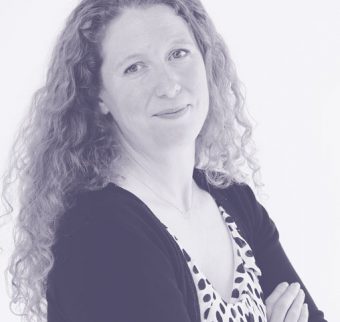Whose grass is greener?
Last month I was very pleased to be able to attend the annual LDC Conference which was held in Belfast, only the first time in its long history that it has been held outside England. In another first for the conference, all four UK chief dental officers were either there, or, in the case of Sara Hurley, represented by her deputy Eric Rooney. A highlight for me was seeing the four UK nations together on the stage to discuss and debate the subject “Can devolution improve dental care or are they taking the ‘N’ out of the NHS?”.
What struck me about the debate, and the questions from the floor, was that there seemed to be a big issue with the grass being always greener.
Ask anyone about the system that they work in, and it is unlikely that you will be drowned in praise and joy. Admittedly (as I’ve already broken my no cliché rule) it can be hard to see the wood for the trees; however, people working outside that system can often see the good things about it much more clearly. Clearly enough to be envious of them, or at least to hope that their system could learn from the bits that others are doing well.
Certainly, in both Northern Ireland and the Republic, there seems to be much frustration with the healthcare systems. In both nations, people talk about a feeling of stagnation and inertia. Of strategies left without review or development, or even publication. Of nothing being done about issues that have been going on for years to the detriment of practitioners and patients.
In Northern Ireland, this situation is no doubt exacerbated by the current political situation, a situation that has been further aggravated by the recent high court ruling around the legal powers, or lack thereof, of senior civil servants. Add to this a profession being buffeted by increasing costs, growing regulatory pressures, and external change in the form of international influences such as GDPR, the phase out of amalgam and the ever-present questions around Brexit – a looming shadow, whether you think it is for good or ill – then it is understandable that those working within the dental profession are growing increasingly frustrated and despairing.
But is it really any different elsewhere, and are the green shoots of recovery (cliché number 3) already beginning to poke through?
I can’t claim to have the answers, but our aim for this magazine is at least to ask the questions of those who might. Our ambition is to celebrate the achievements and reflect the concerns of the profession, to ask the difficult questions and demand answers.
Most importantly, we want this to be a magazine that you want to read and that gives you a voice so, please, get in touch. Write, email, tweet! Contact us however you like, but please do contact us.
When I first started working with dental professionals, several years ago, I was struck by how diverse a profession it was. I realised that, as a patient, I had only seen one small corner of the dental world. I was struck by how the profession was so often at the vanguard of developments in treatment and technology, and full of hard-working individuals who were committed to patient-care and who had found their vocation in dentistry, whatever their chosen career path.
As a patient this was reassuring. As a non-dental professional working in the dental world, it was inspiring. And, however bleak things can appear, dentistry remains full of people dedicated to advancing the profession, providing incredible patient care and finding ways to triumph over adversity. Even if, sometimes, you find yourself looking over the fence, at someone else’s lawn.
Sarah Allen is editor of Ireland’s Dental magazine.
To contact Sarah, email sarah@connectcommunications.co.uk
